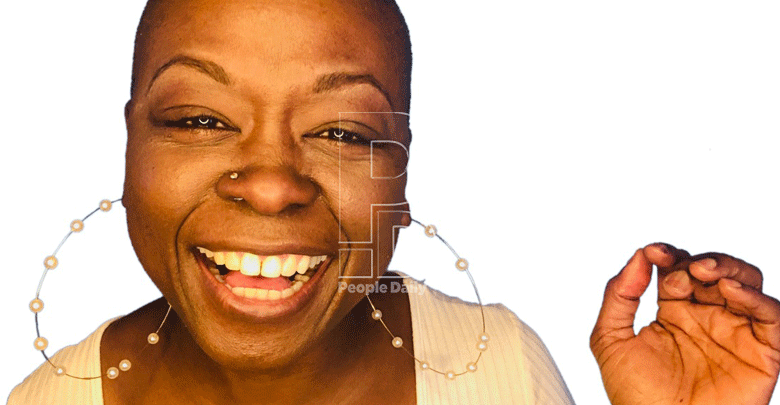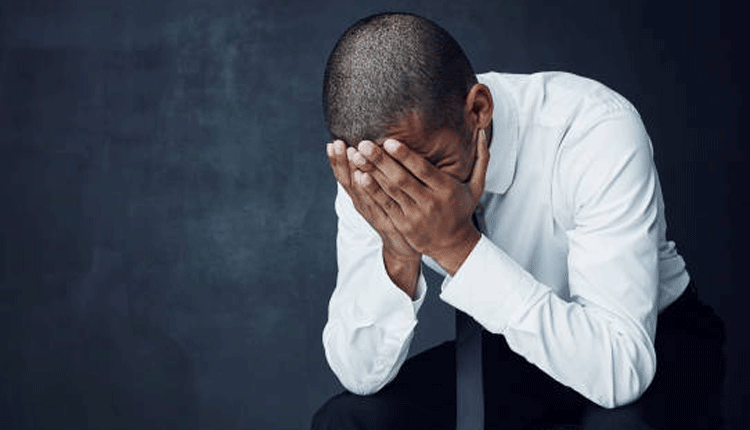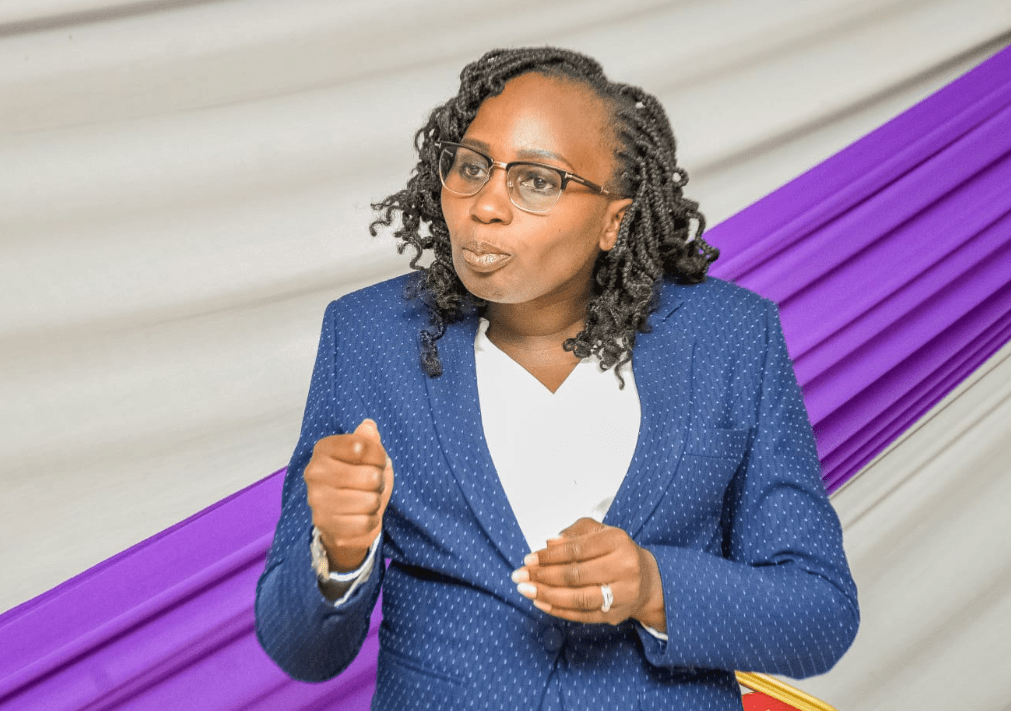A guide to finding your true self…

A lot of emphasis is put on identity; who you identify as and how that impacts your relations with yourself and other people. But what do you do if you wake up one morning and find that what you identify as is something you are not happy with?
Nailantei Norari @artnorari
Mary*, who is 55 years old, shares how she no longer knows who she is. She has for the longest time identified herself as a mother first and foremost, a wife secondly, then an accountant.
With her children in university locally and abroad, and her husband so immersed in work and retirement looming, Mary shares that she is undergoing a crisis of identity.
She cannot remember who she was prior to the above titles, what she valued or what she did for fun before work and her husband and children checked in.
While this is a too common predicament with mothers, especially since their role requires round the clock selfless giving, it is not something that only women suffer from.
Even men lose their identity. Many firstborns taking care of their families share that they find it hard to marry.
Even when they marry, they still find it hard to balance between their family of birth, whose roles they have used to define themselves for the longest time and the new family they have just started.
Losing your self-identity
Similarly, work invariably changes how someone self-identifies. A certain politician was recently in the headlines after saying that he had lost himself in serving his political overlords and bending to their political whims and fancy.
“The thing about losing one’s identity is that it is not an occasion. It is not heralded by a big bang.
It is a series of events, which means that by the time you catch on, you no longer know what you stand for now or what you stood for before. Moreover, many of us live unexamined lives.
We never stop to think about what values we stand for, what we want, where we want to go and how we want to go.
We freestyle through life, taking a day at a time. So long as we never look inward and assess why we do what we do and try to do better, we will never know for sure what we stand for or who we are,” Allan Lawrence, a psychologist and author explains.
He says that in order to find your self-identity, one needs to find out who they are, their values and beliefs and use that to define their day-to-day actions, which over time become a lifetime.
Vuyanzi Rod, a self-development coach agrees with this. She describes self-identity as who you see yourself as or who you are.
Self-identity is important because everything that you do stems from who you identify as.
A strong sense of self-identity is important as it gives you a sense of clarity and focus about where it is that you are going and what you want in life.
It helps one craft goals that are in line with one’s purpose as you know where you are going and what you stand for.
Rod shares how a strong sense of self-identity is directly proportional to a high self-esteem and self-worth.
“One develops a strong sense of self-identity by knowing who they are. Once you know who you are, you can then align your actions to be congruent with who you are.
Self-identity is largely shaped by the world around you and how it impacts you. How you identified yourself as a child, largely shapes your self-identity.
Whether you were a first-born, a last-born, or a middle-born, you take on the world from that perspective.
Your social circle be it friends or co-workers, the work that you do, the roles you take on in your family, your extended family, and in the world also shapes your self-identity,” Coach Vuyanzi explains.
She shares how numerous people seek her coaching services as they want help regaining their self-identity.
She says losing one’s self-identity happens a lot, as these clients take on the responsibilities of the world and lose who they are.
And that is okay as one can still reconstruct their self-identity afresh by starting with the question, who am I or by seeking the help of a coach, who will help with the internal work necessary to regain your self-identity.
Way forward
She reiterates the importance of having a strong self-identity as it determines how someone moves through life whether at work, at home or in relationships.
She explains that if you believe you are the ‘saviour of the world’, you will go around trying to mother everyone to wholeness and trying to save everyone from themselves at the expense of saving yourself.
While one can re-discover their sense of self after losing it, one can also find a new self-identity if they are unhappy with who they are now.
Self-examination, and shifting your alignment to new goals is the first step in curating a new self-identity.
“Find what you want to be, and then align your thoughts, words and actions to that.
Remember that your self-identity can never be free from external pressures, as we are creatures of emotions and socialisation.
But we can be aware of the external pressures and how they impact us. This way, we can be able to understand how they impact us and better react to them whilst being true to ourselves,” coach Vuyanzi says in conclusion.













